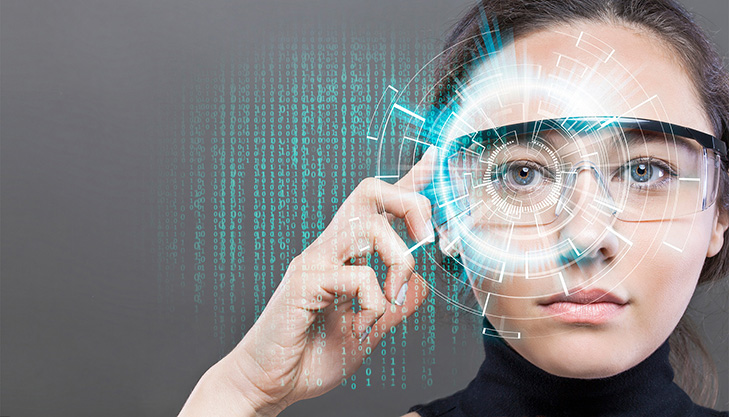AI Revolution and the Future of Work
 We are on the verge of witnessing, or rather, most of us are experiencing, a major revolution in the work force and jobs market.
We are on the verge of witnessing, or rather, most of us are experiencing, a major revolution in the work force and jobs market.
Artificial Intelligence is rapidly changing the world and the environments we live in. The disruption of the last few pandemic years has helped to create that space, where human interaction was suppressed and sterile automated processes became a norm as a preferred method for handling various situations, previously performed by humans.
For some people, generative AI tools feel as if they’ve come on fast and furious. But for those intrigued by the Artificial Intelligence, who were monitoring the evolution of AI in last few years, it is not a surprise that robots are starting to take over more and more tasks in our lives.
According to the World Economic Forum’s “The Future of Jobs Report 2020”, Artificial Intelligence is expected to replace 85 million jobs worldwide by 2025. Though the same report says AI is also expected to create 97 million new jobs in that same time frame.
So, what does the future of work really look like in the age of AI?
---
To understand the power and limitations of Artificial Intelligence, let’s look at some facts first.
What is Artificial Intelligence?
Artificial Intelligence (AI) is the simulation of human intelligence in machines that are programmed to think and act like humans.
What is the primary purpose of AI?
The intelligent machines have the potential to be trained to perform various tasks by processing large amounts of data and recognizing patterns in that data.
Where is AI helping already?
It all might sound like a recent change, but AI is already having a significant impact on the job market, performing many tasks previously done by humans. Automation of various manufacturing processes is a perfect example, however AI is being used in much more complex environments nowadays, such as transportation and logistics, retail environments, and even healthcare when it comes to diagnosing diseases and developing new treatments.
AI limitations? Are there any?
It may sound like the Artificial Intelligence is getting very powerful and may soon outgrow the human potential. But let’s not forget the fact that it is just all data analysis and application. We humans are pretty unique ‘creatures, and our diversity and individuality are something that can’t be programmed into a formula of zeros and ones.
Unique value of humans
So, what is so unique about us humans? Almost everything! Let’s start with creativity and creative intelligence, which can be applied in so many ways. Not only in the artistic aspect, but also the ability to come up with unusual or clever ideas about a given topic or situations. This applies to any sector really. From an artist creating a visual masterpiece, to a chef presenting a creative dish or sourcing ingredients to cater for individual dietary requirements, to the complex strategic planning and management. All these industry professionals need to think outside the box from time to time to deliver the best outcome. Then think about the emotional intelligence and social intelligence and how many professions require empathy as a key element to provide the best support and service – from personal care, child education, to psychologist, vet nurse, just to name a few.
Thanks to these qualities, humans will always have a major part to play in business by performing the important work that robots cannot.
Can AI actually create new jobs?
The answer here is simple. A big bold YES. For those who are prepared for the changing job market and willing to learn new skills and adapt to new technologies … The world is your Oyster!
Get ready for upskilling, reskilling, lots of networking and being proactive to seek new opportunities. Attend industry events and stay up to date with the latest trends in your field. Then … as with every new emerging technology, you will easily become a leader in your field, and you will be able to put the new technologies to the best use and teach others how to use the Artificial Intelligence to its best potential.
How to best adapt to the changing landscape?
So how can our candidates best prepare for the future, working alongside the Virtual Assistants and Robot Colleagues? Let’s turn the fear of the unknown to understanding and invest in learning about Artificial Intelligence and how to work alongside the new technologies. Let’s acknowledge and accept the fact that AI is sure to change the future of work. And let’s use AI as our resource and empower ourselves to be more valuable to potential employers. Let’s embrace the AI revolution!
And what is the key ‘take home’ for the recruitment professionals here? It is the fact, that recognising the unique value of humans in the workforce is paramount to navigating the balance of atomisation and human interaction. We have no doubt that in many cases clients will choose the authenticity of a human over the price and convenience of robots. Ultimately, the human touch can never be replaced by a machine!


